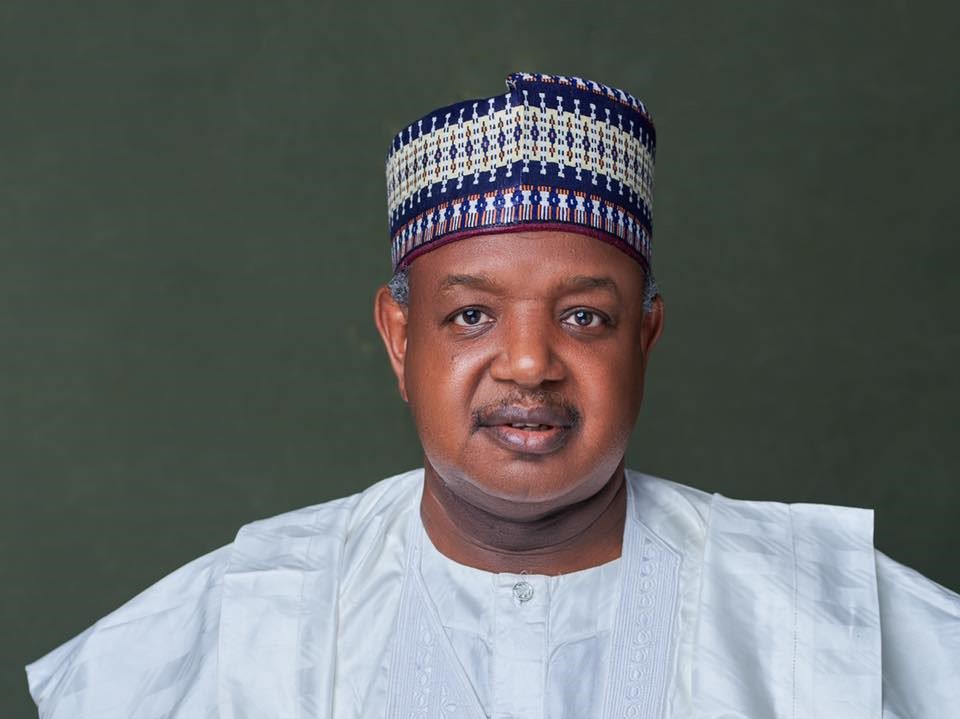The Federal Government of Nigeria may need to consider a supplementary budget to accommodate the proposed increase in the minimum wage for workers, according to a recommendation by the International Monetary Fund (IMF) in its latest staff country report for Nigeria. The negotiated amount for the minimum wage increase may exceed the budgeted amount in the original 2024 budget.
The ongoing negotiations between Organised Labour and the government regarding the new minimum wage have been a response to the economic challenges in Nigeria, including the removal of fuel subsidy and the unification of the foreign exchange market, which have led to increased cost of living.
While labour leaders are demanding N615,000 as the new minimum wage (up from N30,000), there are indications that the tripartite committee may recommend N70,000. The IMF noted that the government's allocated N6.48 trillion for personnel costs in the 2024 budget may be insufficient to cover the new minimum wage.
The IMF also projected a higher fiscal deficit for 2024 than anticipated in the budget, primarily due to lower oil and gas revenue projections, higher implicit fuel and electricity subsidies, and increased interest costs. The Minister of Finance, Wale Edun, had previously stated the government's plan to reduce the budget deficit from 6.1 per cent in 2023 to 3.8 per cent in 2024.
To meet its financing needs, the IMF urged the government to consider raising domestic and external borrowing ceilings to prevent relying on the Central Bank of Nigeria's (CBN) Ways and Means. The report suggested that the government could meet its 2024 net financing needs through market and external borrowing, retire outstanding Ways and Means borrowing, and possibly access Eurobond markets, despite the higher costs compared to previous issuances.
In conclusion, the IMF's recommendations highlight the need for the Nigerian government to address the budgetary implications of the proposed minimum wage increase and the broader fiscal challenges facing the country.




